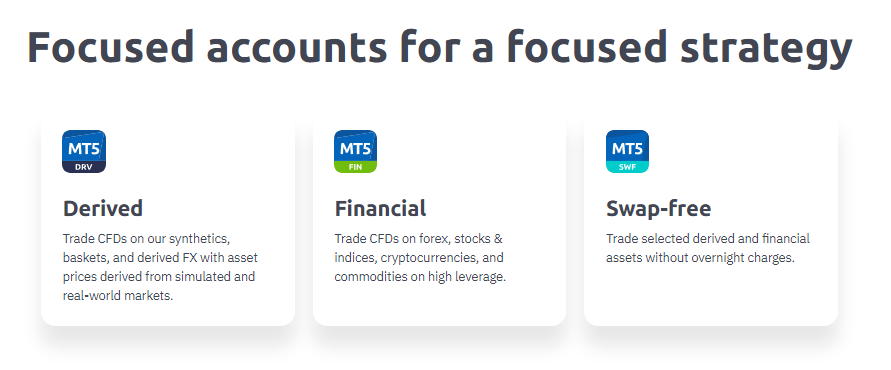Bitcoin: The Path to One Million Dollars per Token
Bitcoin Price Predictions
Global investment companies predict that Bitcoin’s value could skyrocket. By 2025, the world’s largest digital asset could reach $200,000, $500,000 by 2029, and $1 million per token by 2033. This decade-long growth will largely be driven by institutional investors as Bitcoin ETFs gain approval from major providers and private banking platforms.
These bold predictions were a hot topic at a recent crypto gathering held at the Galaxy Digital headquarters in New York. Billionaire founder and CEO of Galaxy, Mike Novogratz, hosted a select group of attendees, including broker-dealers, crypto exchanges, energy providers, and other market participants.
Impact of Institutional Investors
Participants agree that Bitcoin looks increasingly ready for its debut. Several prominent names, including Larry Fink, CEO of BlackRock, the world’s largest asset management company, and even former President Donald Trump, have joined the ranks of Bitcoin believers. These figures were “orange-pilled,” as the crypto community likes to say.
Bitcoin’s path to $1 million depends on clearer regulations and lower interest rates. Clear regulations will give both large institutions and ordinary people more confidence in investing, while lower rates could make Bitcoin more attractive compared to risk-free assets like cash and bonds.
Competition with Ethereum
Despite Bitcoin’s dominant attention, Ethereum is also making strides. ETFs tracking the world’s second-largest cryptocurrency are on the horizon, with several firms awaiting the green light from the Securities and Exchange Commission (SEC).
Ethereum has some advantages over Bitcoin, such as smart contracts and decentralized applications. However, it lacks the compelling narrative and star power of Bitcoin, and its daily trading volume is about half that of Bitcoin. These factors may affect investor interest when Ethereum ETFs hit the market.
Growing Distrust in Government and Its Impact on Bitcoin
Blockchains are often called “trust machines,” but convincing more people to trust them is challenging. A significant hurdle has been the lack of interest from major institutions. However, trust in traditional institutions is crumbling, which could be a positive sign for decentralized assets like Bitcoin.
A recent survey showed that only 23% of Americans trust the federal government, down from 35% in 2022. These figures indicate a growing loss of faith in centralized systems, which could push people toward alternatives like Bitcoin. The U.S. national debt also plays a role: it is projected to soar from $34.8 trillion to $50.7 trillion by 2034, making a strong case for financial innovation and diversification.
Nvidia and the Technological Shift
Nvidia, a key player in artificial intelligence and computing, recently became the world’s most valuable publicly listed company, highlighting a technological shift likely to drive the adoption of both AI and cryptocurrencies. The financial world is on the brink of significant changes, from the potential Bitcoin price explosion to the prospects of Ethereum ETFs and the AI revolution.
Opportunities and Threats
A Bitcoin ETF was recently listed on the main stock market in Australia, continuing a wave of similar product launches in the U.S. and Hong Kong. The VanEck Bitcoin ETF debuted on the ASX Ltd. exchange. Tether Holdings created a new synthetic dollar backed by gold, while Deutsche Telekom will soon start mining Bitcoin.
However, threats remain. In the UK and China, large-scale illegal cryptocurrency exchanges and money laundering schemes have been uncovered. In Venezuela, activists are calling for tougher sanctions against the government’s use of cryptocurrencies to evade international restrictions.
My Opinion and Conclusions
The predictions for Bitcoin’s price growth are impressive and seem justified, especially considering the growing role of institutional investors and technological shifts. However, achieving these targets requires addressing numerous issues related to regulation and trust in cryptocurrencies. Ethereum remains a strong competitor, but Bitcoin still holds the lead.
While growing distrust in governments and traditional financial systems may enhance the appeal of cryptocurrencies, it’s important to remember the risks and threats associated with regulation and fraud. Overall, the future of Bitcoin and cryptocurrencies looks promising but requires careful monitoring and analysis.
BT
![]()



